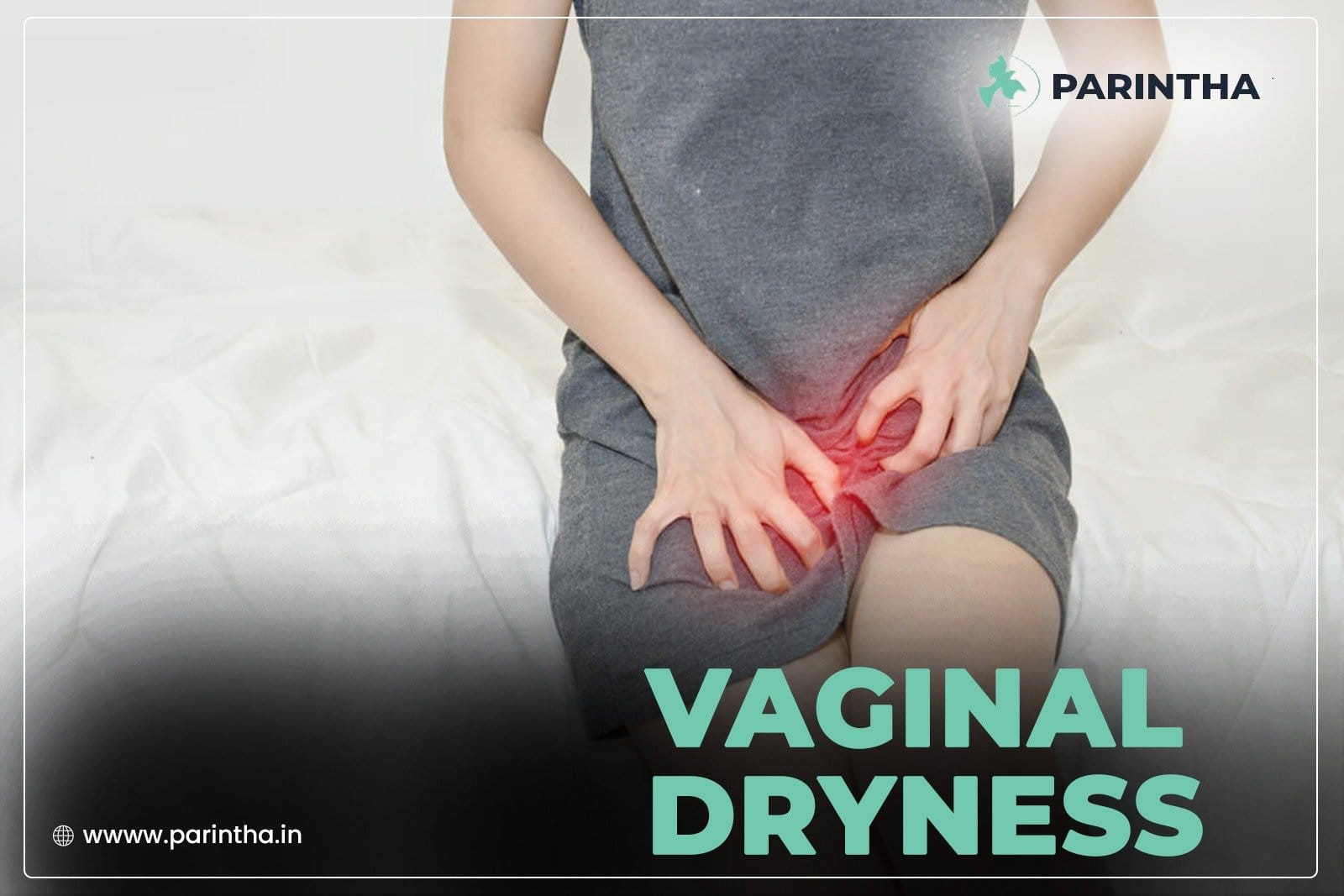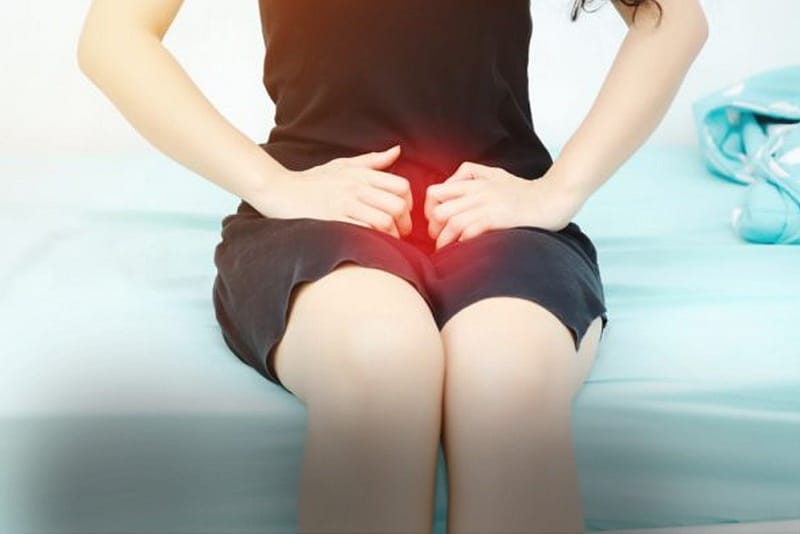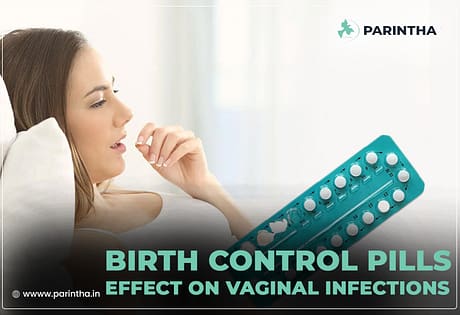
Vaginal dryness, a symptom of the genitourinary syndrome of menopause, increases with age and advancing menopausal stages.
What is menopause? In simple terms, it is the end of menstrual cycles in a woman’s life.
Vaginal dryness is caused by reduced secretory function of the vaginal epithelium, which is associated with decreased blood flow, mucosal thinning, microbiome changes, and inflammation.
Concern in Both Post and Pre-Menopausal Women
Though, “what is menopause?” known to us there is less clarity on vaginal dryness, its relationship to menopausal age and its occurrence in pre-menopausal women.
Post-Menopausal Women: Over half of post-menopausal women aged between 51 and 60 experience vaginal dryness.
Pre-Menopausal Women: Around 17% of women aged 18-50 experience vaginal dryness during sex, often due to insufficient sexual arousal, psychological reasons such as stress, hygiene products, swimming pool chemicals, washing powders, and certain medications (e.g., allergy and cold medications, some antidepressants).
Symptoms and Impact
Vaginal dryness can cause:
- General Discomfort: Irritation, itching and burning
- Sexual Symptoms: Painful intercourse (dyspareunia), low libido, decreased sexual satisfaction
- Quality of Life: Vaginal dryness can significantly affect interpersonal relationships, daily activities, and overall quality of life.
Despite its prevalence, many women feel embarrassed to discuss it with partners, friends, or healthcare professionals, leading to underreporting and undertreatment. Only a quarter of affected women seek treatment.
Associated Conditions
Vaginal atrophy, caused by declining estrogen levels, leads to thinning of the vaginal epithelium, decreased vaginal rugae and elasticity, and reduced secretions.
Vaginal Atrophy: Caused by declining estrogen levels, results in thinning of the vaginal epithelium, decreased vaginal rugae and elasticity, and reduced secretions.
Atrophic Vaginitis: A symptomatic inflammatory process affecting the thinned vaginal epithelium, common in up to 50% of post-menopausal women.
Hypoestrogenic States: Natural menopause, surgical menopause, radiation or chemotherapy treatments, lactation, and certain medications can induce hypoestrogenic states leading to vaginal dryness.
Treatment Options
Effectively managing vaginal atrophy involves a variety of treatment options tailored to the individual’s needs and symptoms.
Estrogen Replacement Therapy: Effective in resolving symptoms but may be contraindicated or not desired by some women. Various formulations include creams, tablets, and rings.
Vaginal Moisturizers and Lubricants: Over-the-counter products can ease symptoms, particularly for those who cannot or choose not to use estrogen. It is crucial to select products that are physiologically similar to natural vaginal secretions in terms of pH and osmolality to avoid detrimental effects.
Recommendations for Use
When addressing vaginal atrophy, it’s essential to carefully consider and follow recommendations for each treatment option to ensure optimal results and minimize potential side effects.
Lubricants: Suitable for sexual activity to reduce discomfort and pain.
Moisturizers: Used regularly for symptom control, even if systemic or topical hormone therapy is being used. Products with harmful ingredients should be avoided, and those that are ‘body-similar’ should be preferred.
Barriers to Treatment
Barriers to effective treatment of vaginal atrophy can include concerns about the safety and side effects of hormonal therapies
Cultural and Societal Factors: Many women are reluctant or embarrassed to discuss or seek treatment for vaginal dryness, leading to a significant gap in diagnosis and treatment.
Education and Awareness: Increased education about vaginal dryness and available treatments is essential to encourage more women to seek help and improve their quality of life.
Conclusion
Vaginal dryness is a common condition, especially prevalent during and after menopause due to declining estrogen levels. It significantly impacts sexual function, daily activities, and overall quality of life but is often underreported and undertreated. Estrogen therapy and over-the-counter moisturizers and lubricants can effectively alleviate symptoms. Increased education and awareness are essential to help women seek appropriate treatment and maintain their quality of life.
Menopause. 2018;25(10):1094-1104.
British Menopause Society. 2023.
Climacteric. 202;24(1):19-24.
Climacteric. 2016;19(2):151-161.
J Womens Health (Larchmt). 2009;18(10):1595-1606.
Atrophic Vaginitis StatPearls Publishing; 2024 Jan.




